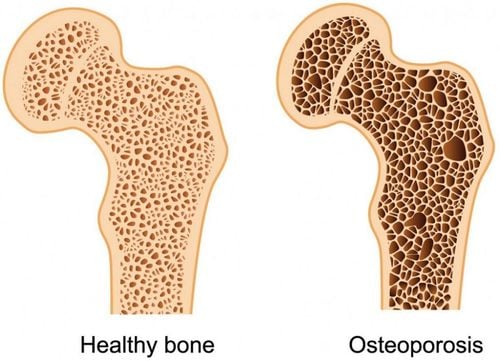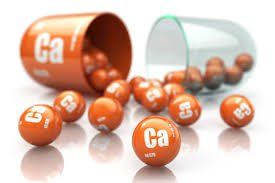This is an automatically translated article.
Milk and dairy products are essential foods, high in nutrients such as fat, protein, sugar, vitamins, minerals and water. Thereby helping the body to develop, improve health and increase the ability to prevent disease. Dairy products are diverse and are consumed worldwide.
1. What is milk?
Milk is a milky white liquid produced by female mammals. Milk is created as an initial source of nutrition for animals before they can digest other foods. The initially secreted milk is also known as colostrum. In colostrum contains very high antibodies from the mother, 10 times more than later milk to provide to the colostrum. Therefore, colostrum helps the young to reduce the risk of infection with some diseases. The main components of milk include protein, fat, sugar, vitamins and minerals, and water. Specifically:
Protein: This is a component with a balanced amount of amino acids, with high assimilability. Fat: Includes saturated fatty acids and unsaturated fatty acids. Milk contains about 29% unsaturated fatty acids and about 6% fatty acids. This is a solvent that helps to dissolve and increase the absorption of fat-soluble vitamins such as vitamins A, D, E, K. Minerals: There are many different minerals in milk such as copper, zinc, iron, potassium, magnesium. and selenium... In particular, milk has a high calcium content, which helps supplement calcium for the body to develop. Calcium in milk is in the form of combined with casein, with a suitable calcium / phosphorus ratio, so it is easy to absorb. Types of vitamun: Milk contains many vitamins such as vitamin B (vitamins B1, B3, B5, B6 and B9...), vitamin D, vitamin E and vitamin K. Especially milk has high levels of vitamin A, vitamin B2 and vitamin A. high vitamin B12. However, not everyone needs all the ingredients and content as natural milk. Therefore, it is necessary to have dairy products through the process of analysis and preparation to create products that are more suitable for users and help change the taste for better digestion.

Sữa giúp bổ sung canxi và một số chất dinh dưỡng cho người dùng
2. What are dairy products?
Dairy products or dairy products are foods prepared or obtained from milk or milk-containing products of mammals. Dairy products are mainly produced from the milk of mammals such as cows (cow's milk), goats (goat's milk), sheep (sheep's milk)... and rarely, human milk (milk). mother, colostrum).
3. What are dairy products?
Dairy products include many different forms, common like yogurt, cheese, buttermilk, ice cream...
Yogurt: It is produced by fermenting milk with thermophilic bacteria, mainly. are Lactococcus lactis and some other bacteria and yeasts. The main types of yogurt are liquid yogurt, curdled yogurt (common), and yogurt cream. Yogurt is also a dairy product, so yogurt contains all the nutrients of milk. In addition, there are some differences as follows: Lactose content: In yogurt, the lactose sugar is fermented into lactic acid. So this sugar content is very low, making it easier for the body to absorb, suitable for people who are lactose intolerant. Contains many beneficial bacteria: When using yogurt, it can provide a large amount of beneficial bacteria to help balance the intestinal microflora, protect the digestive system, and increase the absorption of nutrients. Cheese: This product is produced and processed by coagulating milk, separating it from whey, and allowing it to ripen. Cheese often contains bacteria and sometimes some types of mold. Because it is also a dairy product, it also has all the ingredients of milk and has the following additional distinctive features: High nutritional density: Has enough nutrients like milk but in a higher concentration. The protein in cheese has been partially hydrolyzed, making it easier for the body to absorb. Low Lactose: Cheese has very little lactose. It is suitable for use by people who are lactose intolerant. High calcium content: The calcium content in cheese is about 3-6 times higher than milk and yogurt. Therefore, cheese is a product that should be used to supplement calcium in pregnant women, people with calcium deficiency, prevent osteoporosis in the elderly, ... Dairy: mainly fat is separated from milk, made from whipped cream, butter is a common food. The composition of buttermilk contains mainly fat and sugar. If used regularly, there is a risk of obesity and diabetes.

Bơ sữa là một trong các loại chế phẩm từ sữa hiện nay
In general, dairy products are beneficial to human health, and are widely used in the community, helping to improve health, supplementing calcium,... However, we should also refer to the content. to suit each user to bring the most optimal health promotion effect, avoid intolerance, obesity or diabetes...
Please dial HOTLINE for more information or register for an appointment HERE. Download MyVinmec app to make appointments faster and to manage your bookings easily.













